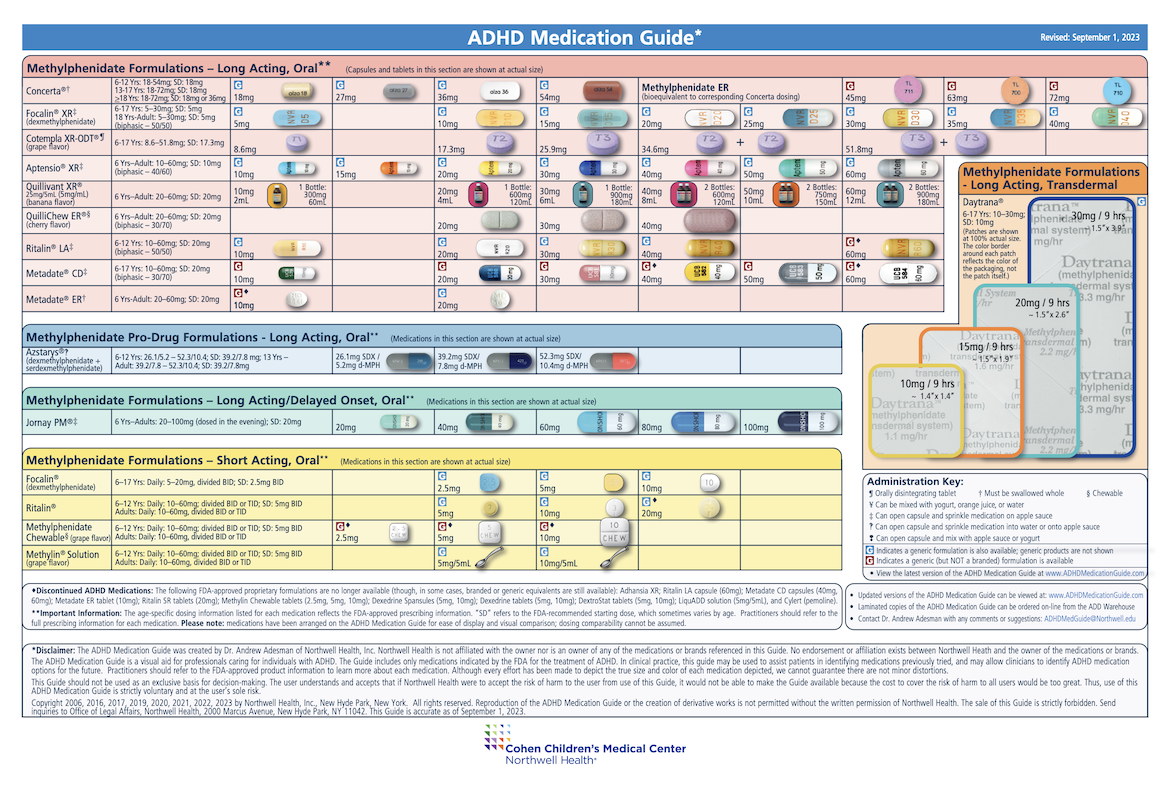The Benefits of Personalized ADHD Therapy Plans for Better Outcomes
The application of personalized ADHD therapy plans has become a pivotal approach in boosting restorative outcomes for people influenced by this problem. By acknowledging the distinct manifestations of ADHD in each individual, these personalized treatments advertise better involvement and inspiration, ultimately bring about much more effective coping approaches. This tailored approach not only addresses scholastic and work challenges yet also fosters boosted social partnerships and general lifestyle. Nevertheless, real degree of these benefits increases important inquiries concerning the certain components that add to lasting success and just how they can be maximized for diverse populaces.
Comprehending ADHD Variability
Although Attention-Deficit/Hyperactivity Problem (ADHD) is often perceived as a single condition, its manifestations can vary considerably among individuals. Gender differences likewise play a duty, as men are a lot more regularly detected with ADHD and usually present more obvious signs and symptoms, whereas females might present with much less apparent inattentiveness.
Additionally, individuals with ADHD might experience a spectrum of psychological and behavior difficulties, such as stress and anxiety or oppositional defiance, that can complicate medical diagnosis and therapy. The interaction of these factors can lead to varied experiences of ADHD, necessitating a nuanced understanding of the disorder. It is likewise worth noting that ADHD can provide in a different way throughout different social contexts, affecting how signs are identified and dealt with. This understanding emphasizes the value of identifying ADHD as a complex condition, which requires individualized strategies to therapy that take into consideration the one-of-a-kind demands and experiences of each person.
Key Parts of Personalization
Individualized ADHD treatment strategies are grounded in several vital components that make certain efficient monitoring of the problem. First, an extensive analysis is vital, involving standard score ranges, meetings, and behavioral monitorings. This thorough examination allows clinicians to comprehend the person's unique symptoms, strengths, and challenges.
2nd, the involvement of several stakeholders, including parents, instructors, and the individual, adds to an all natural view of the individual's demands. Cooperation fosters an encouraging setting that can adapt to the person's context and way of living.
Third, therapy plans should be versatile and versatile, permitting modifications based on continuous responses and the person's developing demands. This flexibility enables the assimilation of various restorative methods, such as behavioral treatments, psychoeducation, and medicine management.
In addition, cultural and contextual factors must be considered. Identifying the individual's background, values, and choices makes certain that the treatment matters and considerate.
Finally, normal follow-ups and assessments are vital to keep track of progress and make needed changes. By concentrating on these essential components, customized ADHD therapy plans can significantly boost the efficiency of interventions, resulting in boosted outcomes for people with ADHD.
Enhanced Involvement and Inspiration
To effectively promote improved engagement and motivation in individuals with ADHD, it is necessary to integrate approaches that resonate with their passions and toughness. Individualized treatment plans that straighten with a person's enthusiasms can result in increased involvement in therapeutic tasks, promoting a sense of possession and enthusiasm for the process.
Making use of interactive and innovative methods can likewise significantly enhance inspiration. Integrating gamification elements or real-world official statement applications of skills can make tasks a lot more appealing and appropriate. This not just captures interest yet additionally strengthens learning through satisfying experiences.
Furthermore, setting possible and purposeful goals customized to the individual can reinforce inspiration. When people see their progress in the direction of personally significant purposes, they are most likely to continue to be involved. Normal feedback and acknowledgment of success can further sustain inspiration, creating a positive responses loophole that urges ongoing effort.
Last but not least, fostering an encouraging environment where individuals feel understood and valued can dramatically impact their interaction degrees. When therapy strategies are created collaboratively, integrating input from the individual, they are more probable to feel purchased their trip, navigate to these guys eventually causing improved results in taking care of ADHD.
Improved Coping Strategies
Establishing boosted coping techniques is vital for individuals with ADHD, as it furnishes them with effective devices to browse everyday difficulties. An individualized treatment plan enables the identification of particular coping mechanisms customized to the person's one-of-a-kind needs and scenarios - ADHD treatment. Methods such as mindfulness, time monitoring skills, and business techniques can be integrated into day-to-day routines, fostering a sense of control and lowering anxiousness
Mindfulness practices, consisting of meditation and deep-breathing workouts, assistance individuals with ADHD focus their attention and regulate their emotions. Time monitoring techniques, such as utilizing timers or breaking jobs right into smaller, convenient steps, can alleviate feelings of bewilder. In addition, organizational tools like coordinators and lists can improve performance and responsibility.
Long-lasting Positive End Results
Executing customized ADHD therapy plans can lead to significant lasting favorable results for individuals. These customized methods, which take into consideration one-of-a-kind signs and symptoms, preferences, and life scenarios, promote more efficient management of ADHD signs in time. By concentrating on the certain requirements of the person, these strategies improve adherence to therapy methods and foster greater involvement in healing tasks.

Additionally, personalized therapy strategies can considerably lower the threat of that site comorbid problems, such as stress and anxiety and anxiety, which are usually related to ADHD. Early treatment and regular support help individuals construct resilience and coping strategies, advertising total psychological health and wellness.
Inevitably, the lasting favorable outcomes of personalized ADHD treatment plans not only boost the lifestyle for individuals however also add to their overall wellness and success in different life domains. This all natural strategy underscores the value of customized care in taking care of ADHD efficiently.
Final Thought
